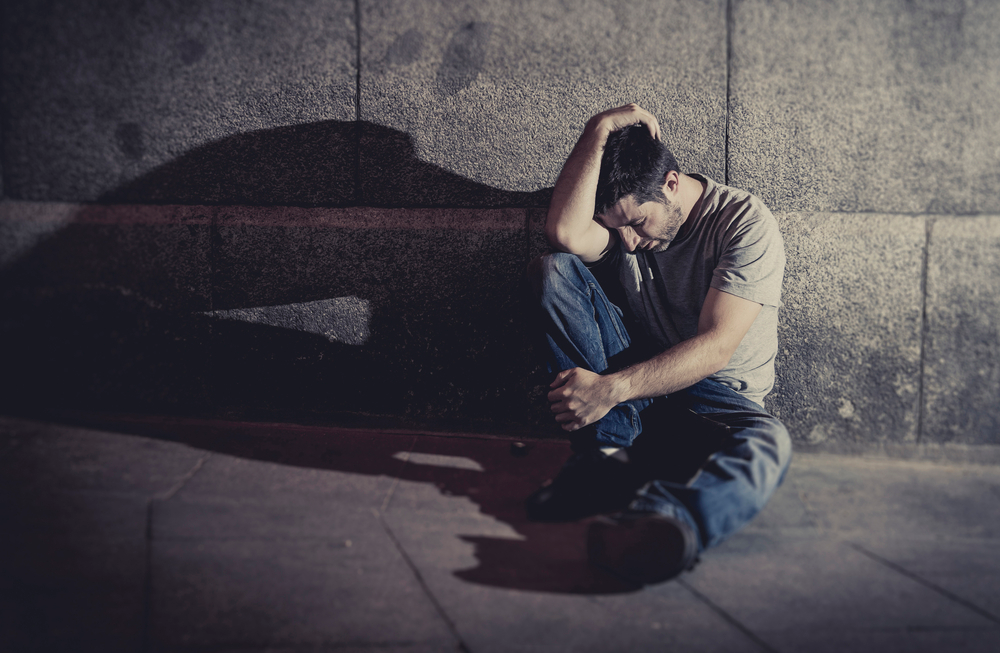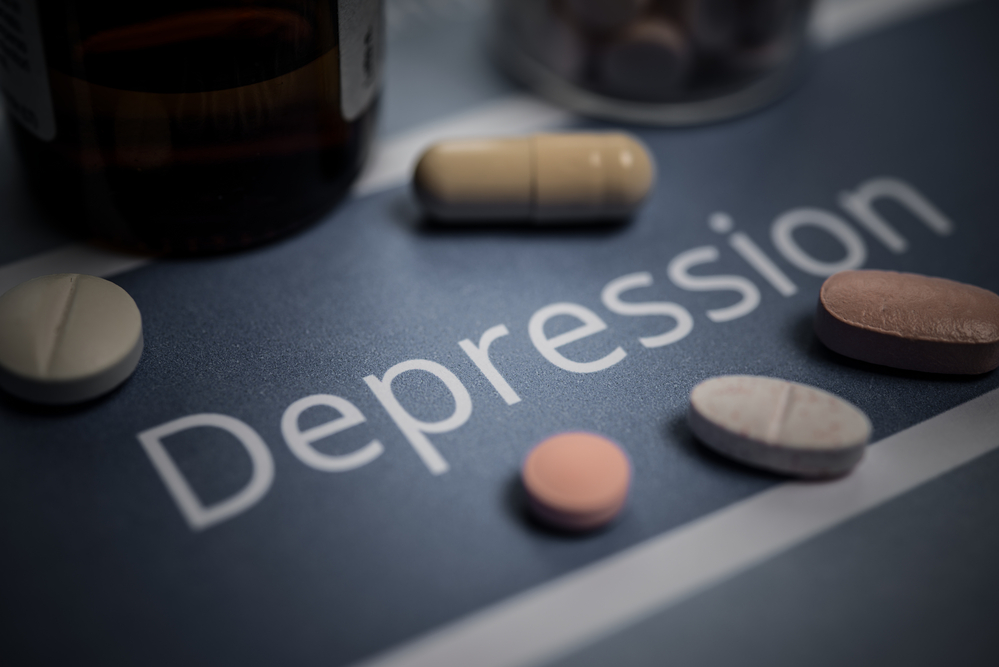
Those with depression often wonder if it will just go away. We all do this, and it’s normal to think that way. Sometimes people want to believe that they don’t have mental health issues and try to ignore the signs. Of course, with depression, this depends on a few factors. How severe is the depression? What kind of depression do you have? How long have the depression symptoms been prevalent? These are all questions we need an answer to.
There are several factors that determine how long depression last and whether time heals all wounds. If you’re wondering if depression will get better on its own, here are those factors, why they matter, and how to get help.
One key factor in whether melancholy will go away on its own is the type you have. For example, postpartum depression or seasonal affective disorder happen during specific times. For postpartum, right before or after a baby is born, and for seasonal affective disorder, during certain times of the year — mainly dark winter months. Other types have anxiety and depression association and it may be harder to go away on their own. So yes, some will go away with time, but you cannot always count on that to happen. Some people’s sadness goes further — it all depends on the person.
Many types of mild depression grow from temporary stressors or a specific situation: for example, a natural disaster. For those types of depressive episodes, the cause means it usually won’t last as long as other types of depression.
Some type of depression or mood disorders are due to health conditions. For instance, some women have premenstrual dysphoric disorder associated with PMS, or premenstrual syndrome. And, as mentioned, some new mothers experience postpartum depression, which results in depressive episodes that looks very alarming, but this too is temporary. Consult a doctor or a psychiatrist if these temporary depressive episodes result in self harm.
Of course, the various types of major depressive disorders rooted in deeper issues such as abuse and bad family history last longer. According to the Harvard School of Medicine:
Traumas may also be indelibly etched on the psyche. A small but intriguing study in the Journal of the American Medical Association showed that women who were abused physically or sexually as children had more extreme stress responses than women who had not been abused. The women had higher levels of the stress hormones ACTH and cortisol, and their hearts beat faster when they performed stressful tasks, such as working out mathematical equations or speaking in front of an audience.
You can see from this data that trauma is one factor in how sadness gets its start.
Sometimes, there are chemical imbalances that cause issues. Yet, doctors dislike using this as a simplification of the disorder. It is not as simple as that alone. While they contribute, chemical imbalances are not a sole cause.
The point is, there are many ways that depression can start and affect a person’s life and there are also many factors that can determine how long the depression will last. It doesn’t have to be one certain cause, although sometimes that is the reason. Other times, a combination of events leads a person to suffer from depressive episodes.
Another factor in determining if it will go away without treatment is its severity. There are those who have mild forms, and in those cases, it may well go away without further mental health treatment. Yet, for people with moderate to severe forms of depression, treatment is usually the best option. The positive in that is that depression is a mental health disorder that is treatable no matter what type, the cause, or the severity of the mental illness.
Call now to be connected with one of our friendly, helpful admissions specialists.
While there are all kinds of depressive types, the most common is major depressive disorder (MDD). There are specific symptoms of depression associated with MDD, yet people with other types of depression may experience similar symptoms.
In order for a doctor to make a diagnosis of major depressive disorder, the person must have these depressive symptoms for a least two weeks. Sometimes, these symptoms of depression will last a year or two. In those cases, a mental health professional may make a diagnosis of dysthymia or persistent depressive disorder. While major depressive disorder is more common, persistent depressive disorder affects approximately 3 percent of the population and mostly happens to women.

Treatment for depression can be highly successful. Statistics show that up to 90 percent of those who seek treatment noticed a difference in their depression symptoms and felt that treatment had helped them.
There are many treatment options. From medication and counseling to holistic treatment such as equine therapy in Florida — every one of these has improved a patient’s life. Everyone is unique, so treatment varies depending on the individual. Some do best with counseling alone, while others find medication useful along with psychotherapy.
The important thing is to talk to someone so you can get the help you need and get a treatment plan tailored to your needs. There is no reason to suffer from a serious mood disorder, minor depressive episodes, recurrent depressive episodes or major depression when help is available.
Doctors also connect depression to our physical health. They link conditions like diabetes, obesity, heart disease, and even Alzheimer’s disease to depression. In fact, in some of these conditions, we know depression furthers the severity of the problem — such as with hypertension and heart disease.
Even if your depression goes away without treatment, there are always risk factors for relapse. Why does this happen? According to Everyday Health:
Each person also has personal relapse triggers, some of which you can control and some you can’t. These may be interpersonal or family stress, financial problems, job loss, and other real-world issues. “The stress of our fast-paced modern world certainly has an impact,” says Thomas Gazda, MD, a psychiatrist with Banner Behavioral Health in Scottsdale, Ariz. What is pleasurable to one person, he says, can be a trigger for depression in someone else: “For some, the holidays are stressful, and for others, they are enjoyable and relaxing.”
You might wonder why you need counseling or psychotherapy when you can simply take antidepressants. The problem with taking antidepressants alone is that they do not fix the underlying mental health issues. They’re not a cure and only work as long as the patient takes them. Yet this disorder is more complex than what a pill can fix permanently.
We can base depression on environmental factors, genetics, trauma, and more. A pill doesn’t know the cause. While it changes the brain’s chemistry, it’s not rooted in the actual cause and why depression is present. And yes, while antidepressants are important in treatment, it is important that you don’t use them alone.

As mentioned, depression isn’t curable, but it is treatable. And treatment can make an enormous difference in repeat episodes. Antidepressants are one form of treatment that a doctor may choose. These work fairly fast to help you feel better. In approximately two to four weeks, you should notice some kind of difference in how you feel. The type of antidepressant depends on what your doctor feels is best for your needs.
While you may fear that antidepressants may make you feel like a zombie or not yourself, as your body adjusts to them, this feeling should go away.
Therapy is imperative as well through a residential mental health facility in Florida. As discussed, it is not enough to take antidepressants without learning more about the root cause of your depression. Antidepressants will help, but for better healing, counseling makes sense. Your doctor may advise you to join group counseling or family counseling. There are holistic treatment plans too such as music therapy and adventure therapy.
At Transformations Mending Fences, we focus on your needs. We customize each plan for the individual, and we work with you to ensure a healthier lifestyle with healing and serenity for your physical and mental health. If you or a loved one suffers from depression or co-occurring addiction, reach out to us so we can help.